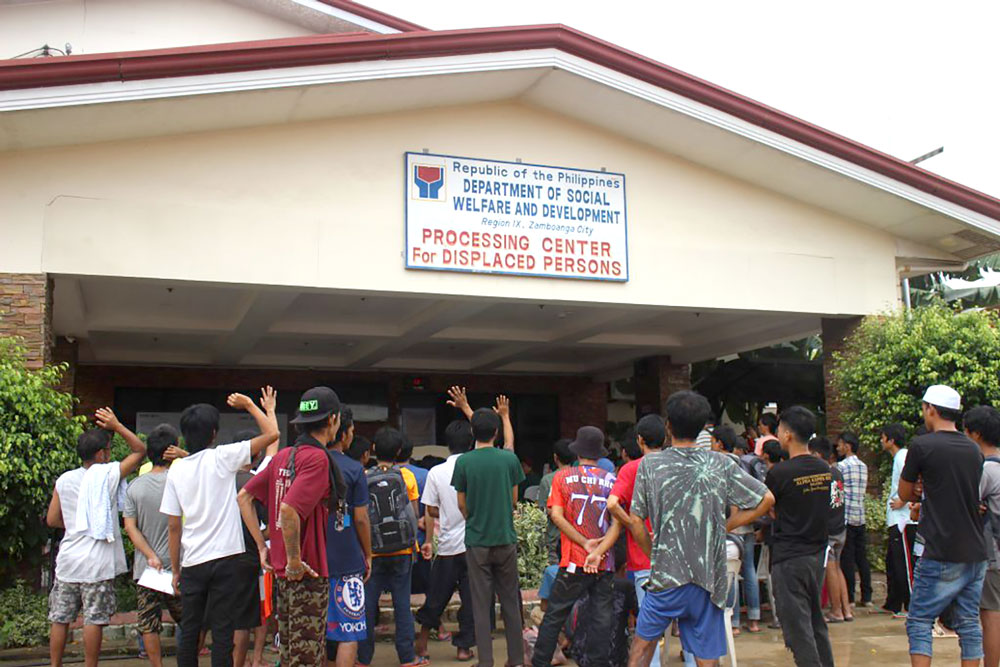
ZAMBOANGA CITY — The Department of Social Welfare and Development (DSWD) in Zamboanga Peninsula has strengthened its efforts to assist returning Filipinos and other displaced individuals from Sabah through its Processing Center for Displaced Persons (PCDP), the only one of its kind in the country.
DSWD served as the lead agency in providing immediate social welfare support for repatriated individuals, including victims of human trafficking, stranded persons, and other displaced populations.
The Center’s head Abdulmanan Samson of the PCDP said, “Our role is to ensure that all returnees are welcomed with dignity. From the moment they disembark, we provide hot meals, transportation to the center, clothing, hygiene kits, and further support based on individual assessments.”
Returnees receive transportation assistance ranging from Php3,000 to Php20,000, depending on their destination and family size.
Before their arrival, the DSWD conducts pre-arrival meetings with partner agencies including the Office of Civil Defense (OCD), Philippine National Police (PNP), Philippine Statistics Authority (PSA), Department of Migrant Workers (DMW), Ministry of Social Services and Development–BARMM, Philippine Air Force, and Bureau of Corrections to streamline logistics and security.
One of the major challenges, according to the center, is limited logistical resources. “We only have three transport vehicles, which is not enough to accommodate 800 to 1,000 returnees. That’s why inter-agency coordination is vital,” said Samson.
Most of the returnees come from the Bangsamoro Autonomous Region in Muslim Mindanao (BARMM), specifically from Tawi-Tawi, Sulu, and Basilan. Others hail from Zamboanga Peninsula and different regions nationwide.
The PCDP, located in Mampang, Zamboanga City, is a non-residential facility managed by DSWD Field Office. It provides temporary shelter, psychosocial services, medical aid, burial assistance, and livelihood training. The center also partners with TESDA to offer short-term skills training for those awaiting return to their home provinces.
With a current bed capacity of 200, DSWD is finalizing the construction of a new dormitory that will raise the total capacity to approximately 400 individuals. The facility maintains separate accommodations for male and female clients and is secured by on-site personnel.
The PCDP continues to serve as a vital safety net for displaced Filipinos, offering not just immediate relief but also a path to recovery and reintegration. (Myra Cel L. Espinosa)



